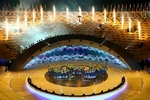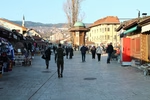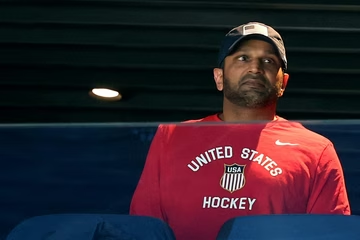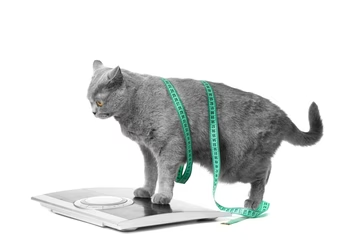Srebrenica genocide denial recorded mostly in Serbia 476 and RS entity 176 cases
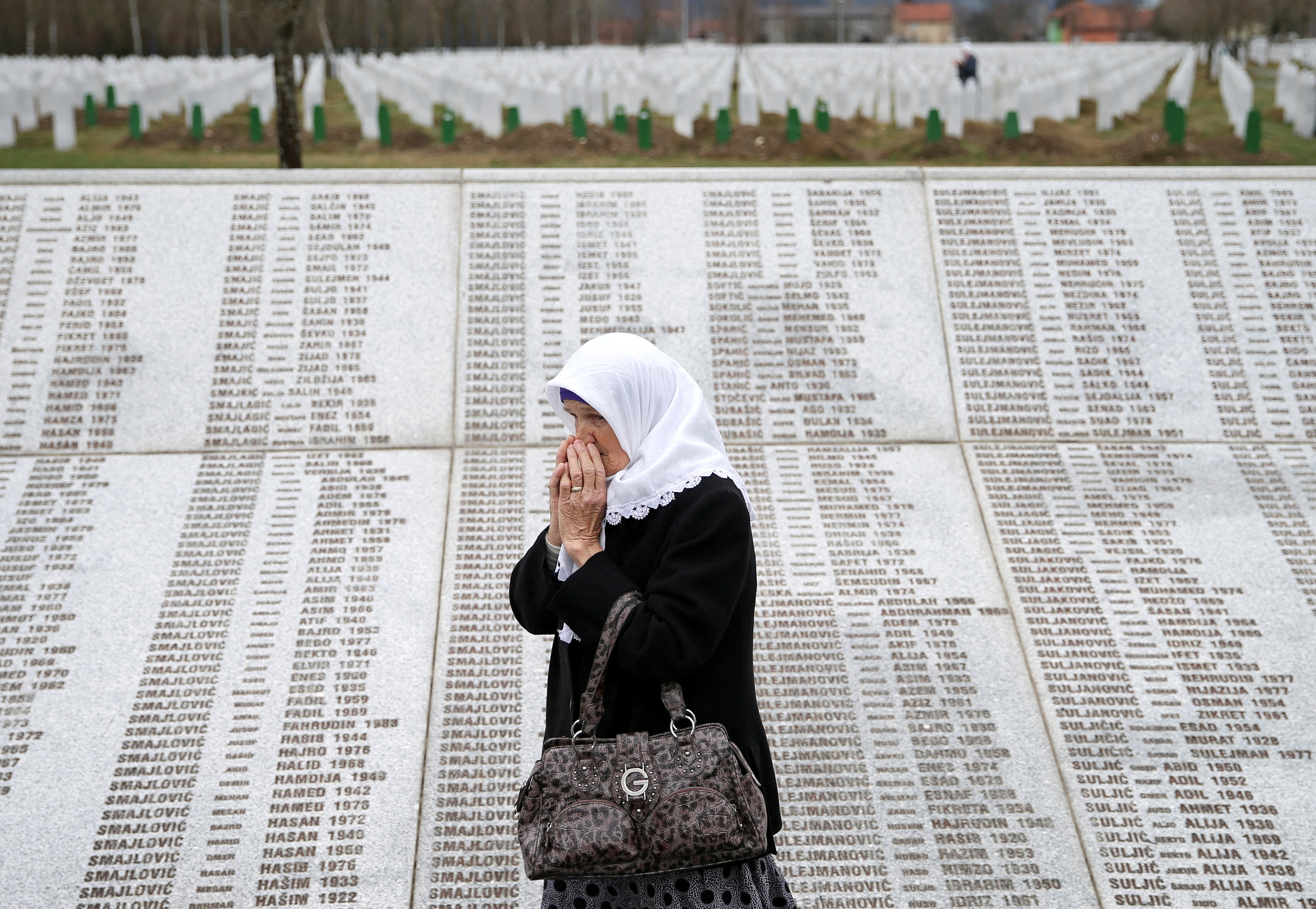
After the adoption of the so-called "Inzko Law", the number of cases of genocide denial in BiH was significantly reduced but eradicated. Holders of the highest public positions continued to deny the genocide in Srebrenica, most notably the BiH Presidency member, Milorad Dodik, said the Srebrenica Memorial Centre Saturday, presenting the third annual genocide denial report, created as a response to the danger that historical revisionism poses to the processes of peacebuilding and the goals of transitional justice.
Oglas
“Although the law has been in force for a little less than a year, to date not a single indictment has been filed against genocide deniers," the Director of the Srebrenica Memorial Centre, Emir Suljagic said.
During the reporting period, which includes the time from May 1, 2021, to April 30, 2022, 693 cases of genocide denial were recorded in the public media space of BiH and the region. It was recorded that the largest number of cases of genocide denial came from the Republic of Serbia, where 476 cases of denial were recorded, followed by Bosnia and Herzegovina, that is, the BiH’s Republika Srpska (RS) entity, where 176 denials were recorded, followed by Montenegro, Croatia and others.
The people with the most instances of denial were Milorad Dodik (31), Serbian Interior Minister Aleksandar Vulin (17) and Miodrag Linta – a Serbian MP (15).
The total number of media outlets that denied or served as a platform for the genocide denial was 69.
Serbia’s "Alo," "Informer," "Novosti," "Kurir," "IN4S," "Pravda," "Happy TV," "Objektiv,” "Republika," "Sputnik," "Tanjug," and "Standard," stand out as that country’s biggest genocide deniers.
Among the 20 genocide denying media outlets are also those based in the RS entity - namely "RTRS," "SRNA," Glas Srpske," "ATVBL," and "Nezavisne novine."
This year's report is the work of a team of authors consisting of Senad Pecanin, Adem Mehmedovic, Kadira Sakic, Edin Ikanovic and Nikola Vucic. Associates in the preparation of the report were Emir Suljagic. Nedim Jahic, Zlatan Hajlovac and Imer Muhovic.
The editor of the English edition is Monica Hanson-Green. The report in Bosnian is already available on the website of the Srebrenica Memorial Centre.
Kakvo je tvoje mišljenje o ovome?
Učestvuj u diskusiji ili pročitaj komentare
Oglas
Kakvo je tvoje mišljenje o ovome?
Učestvuj u diskusiji ili pročitaj komentare
Oglas





 Srbija
Srbija
 Hrvatska
Hrvatska
 Slovenija
Slovenija





















